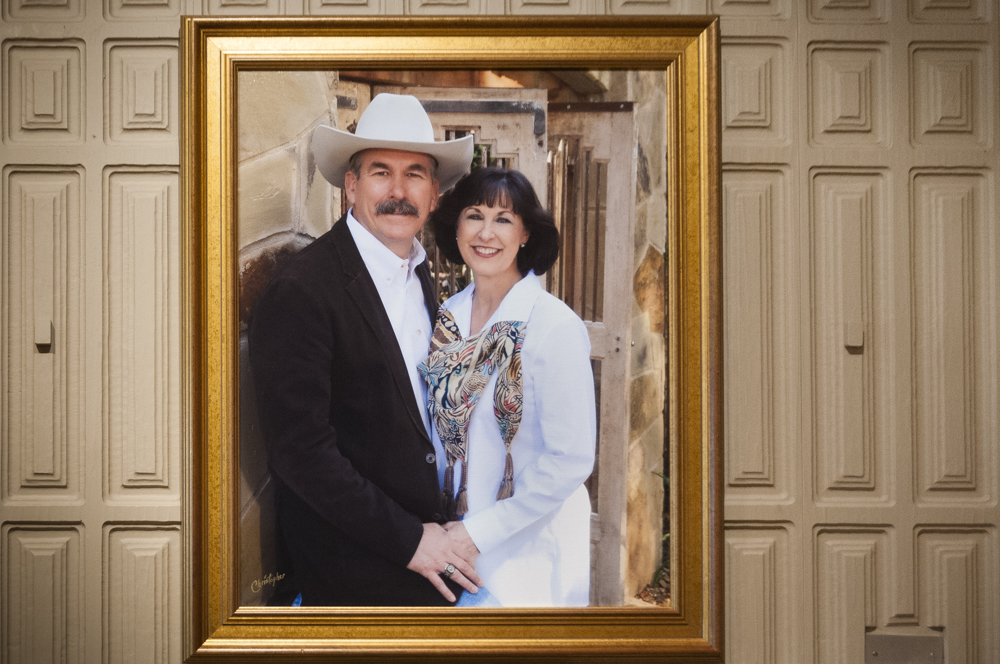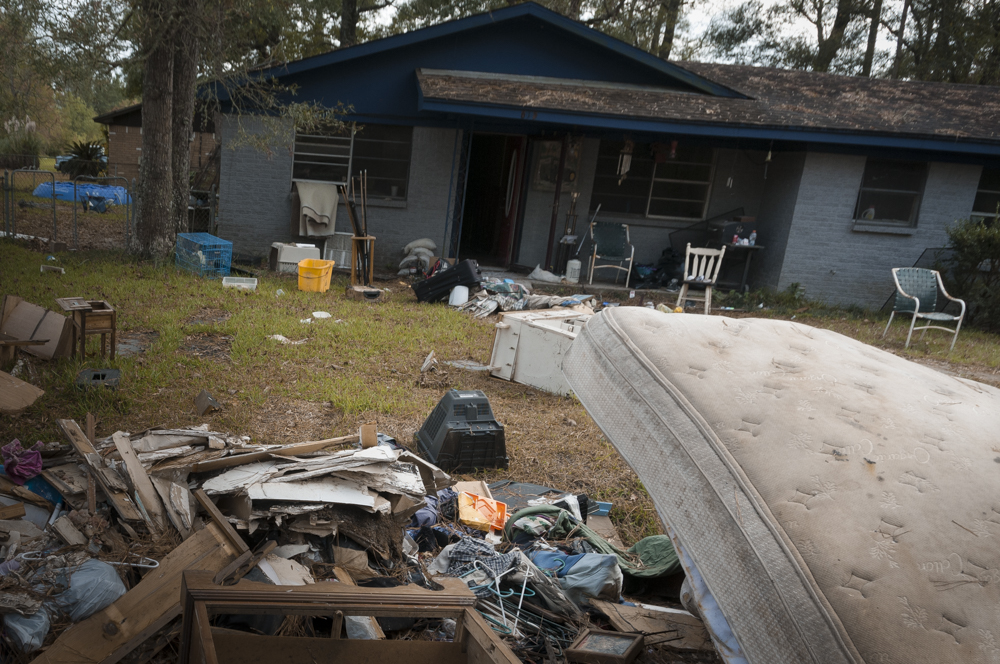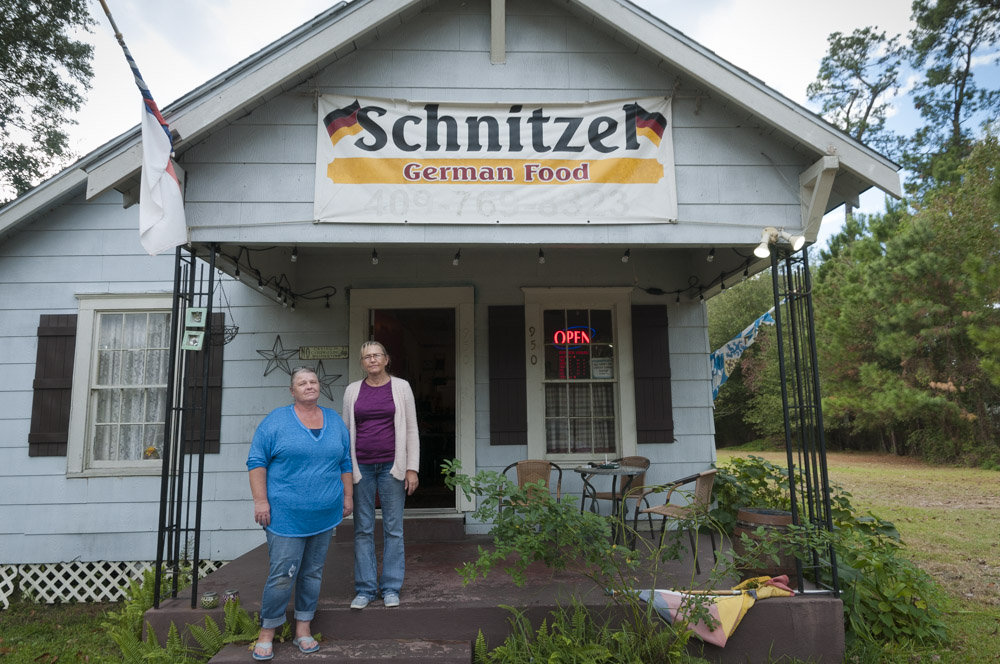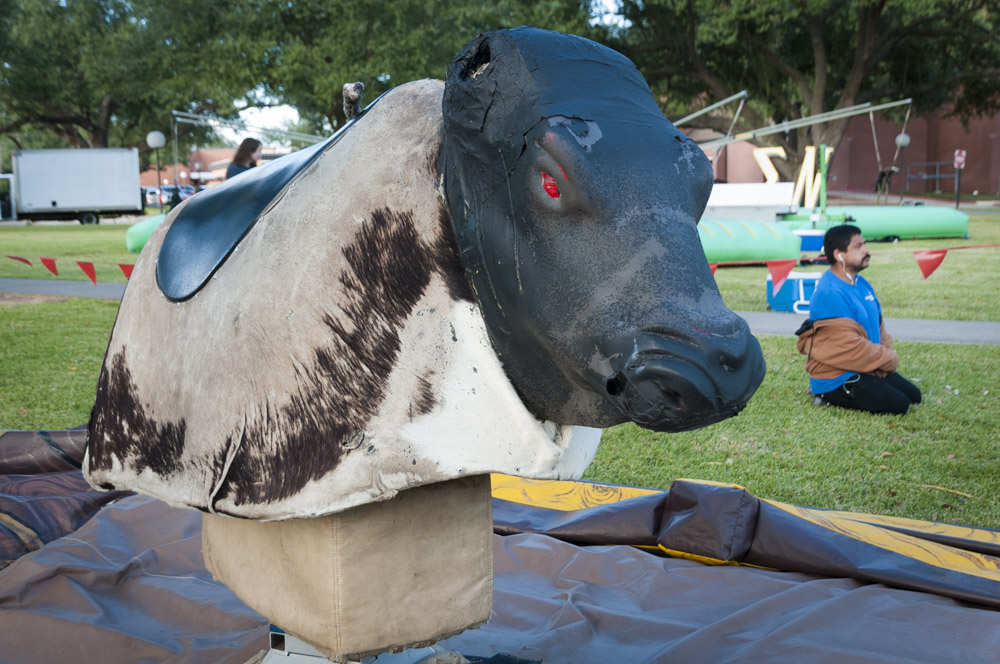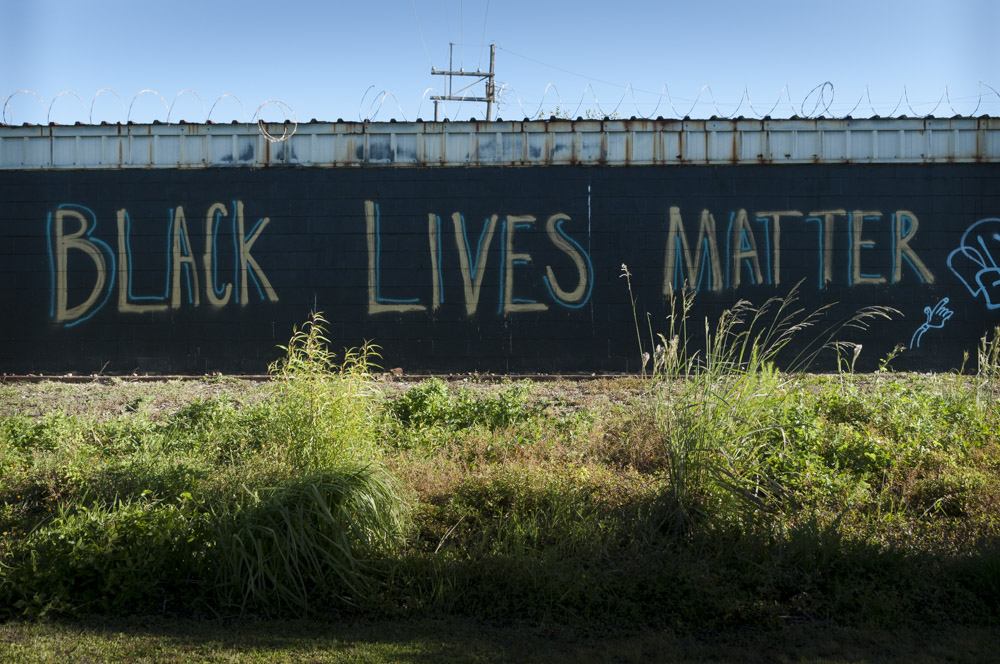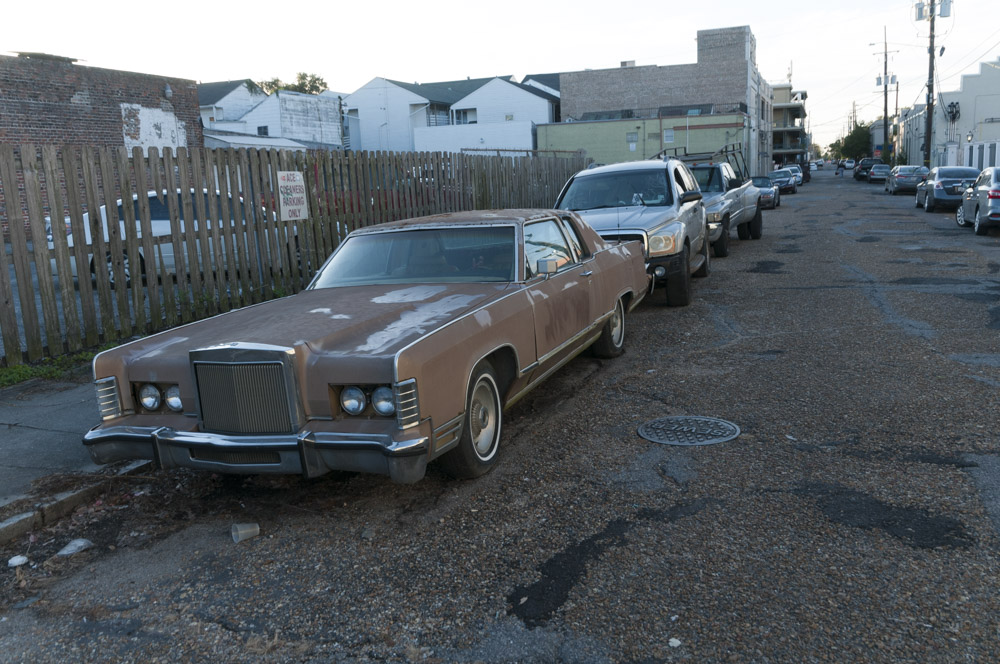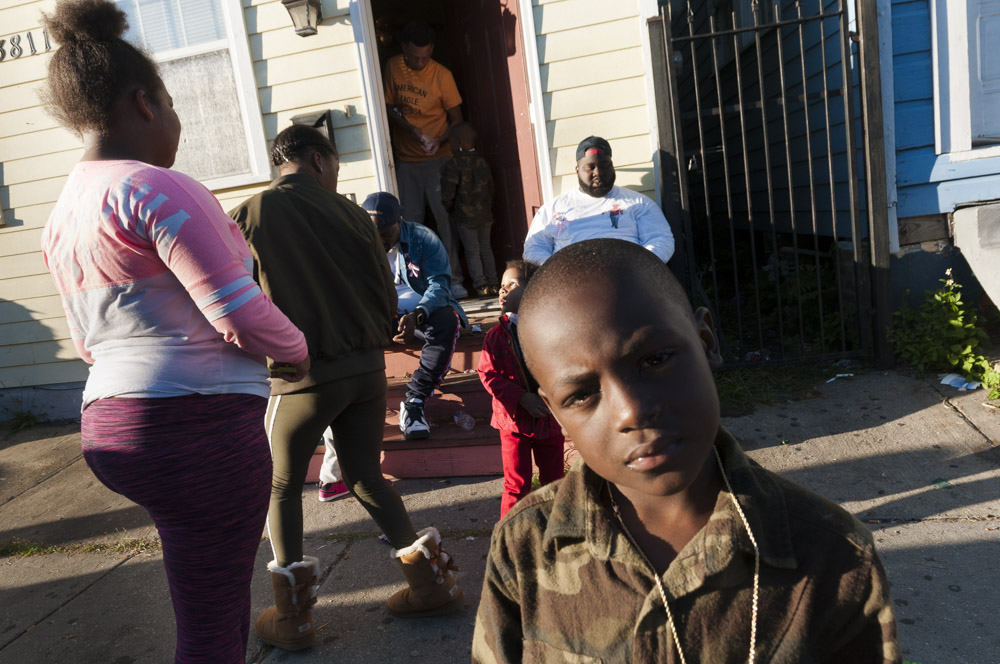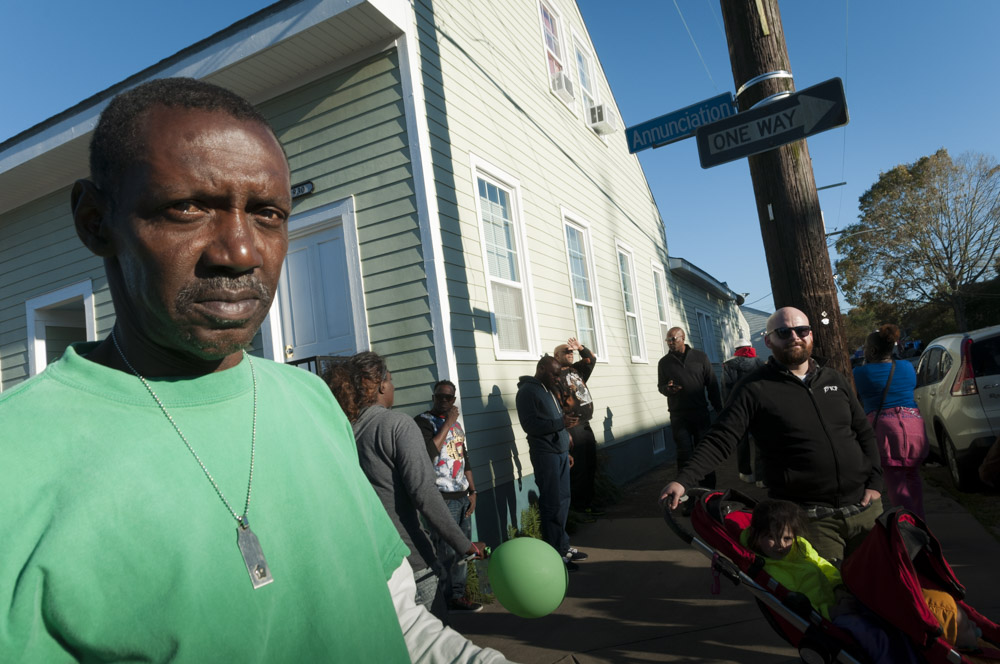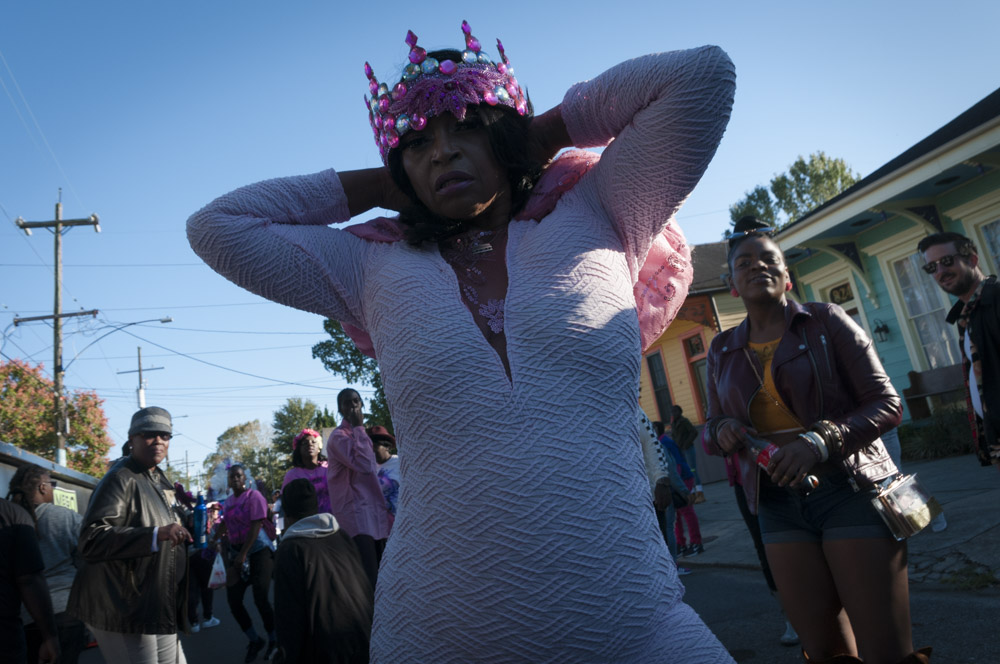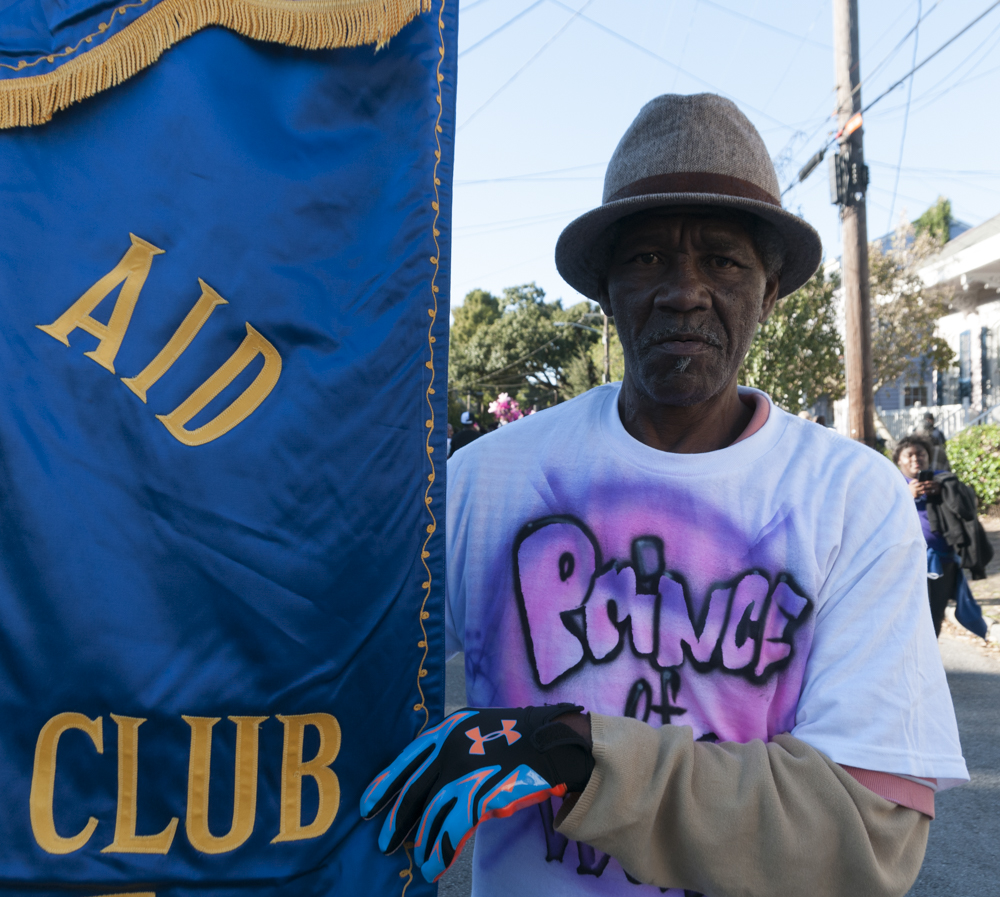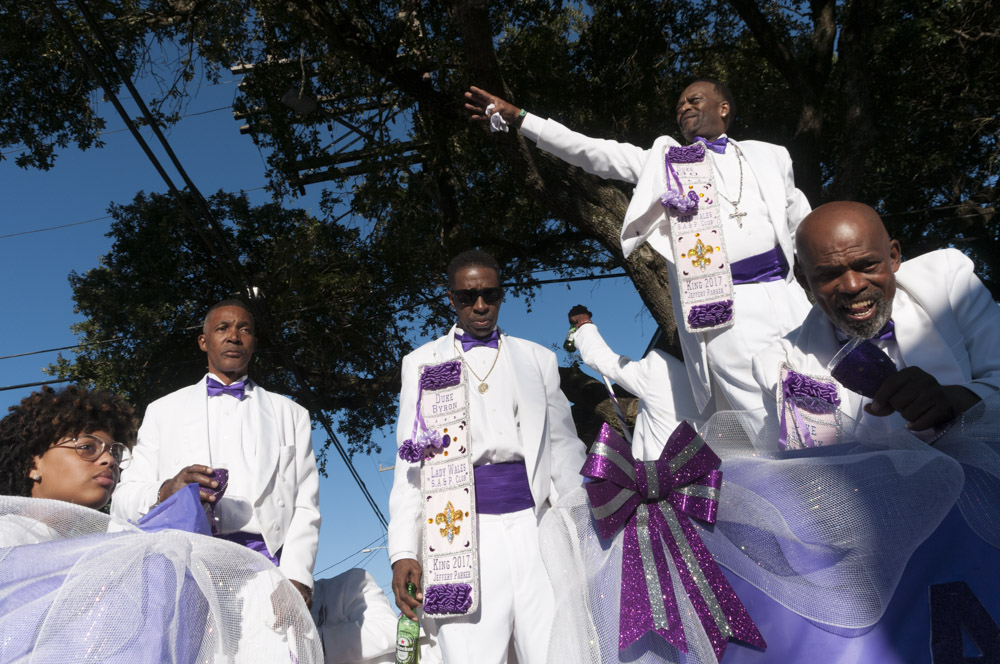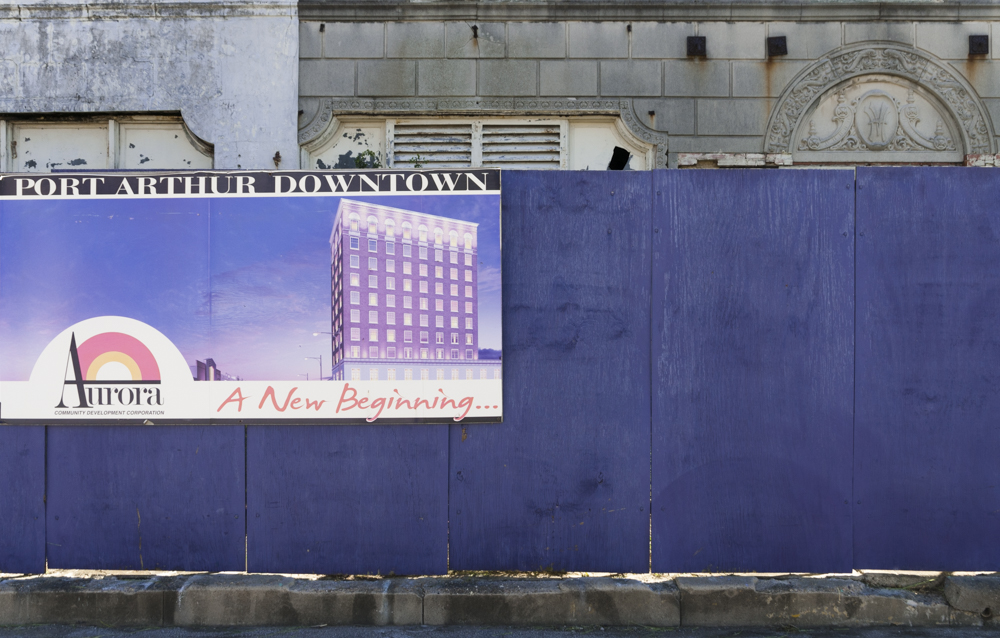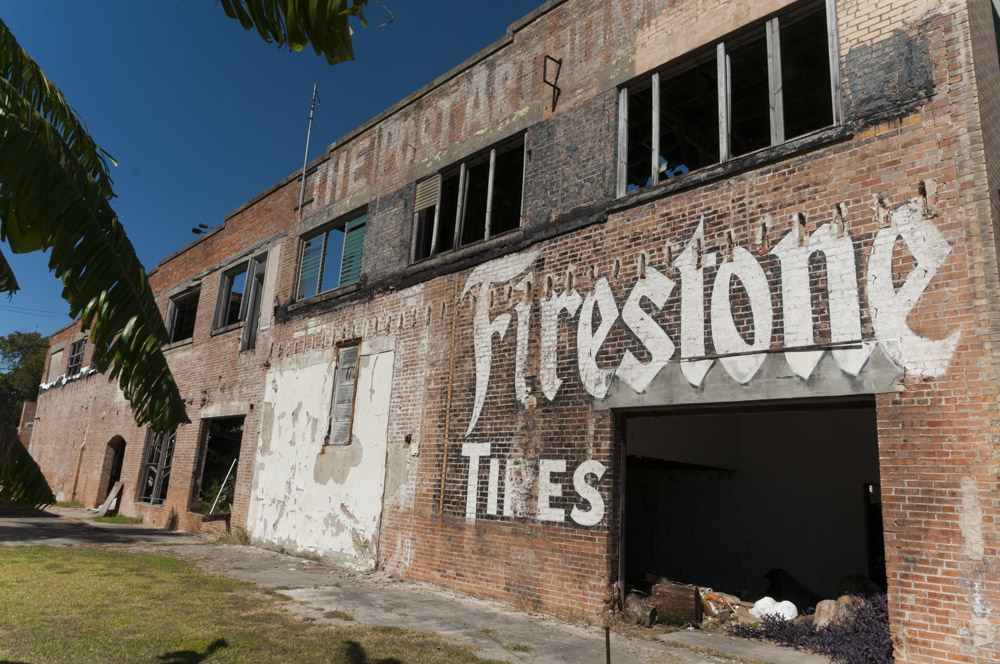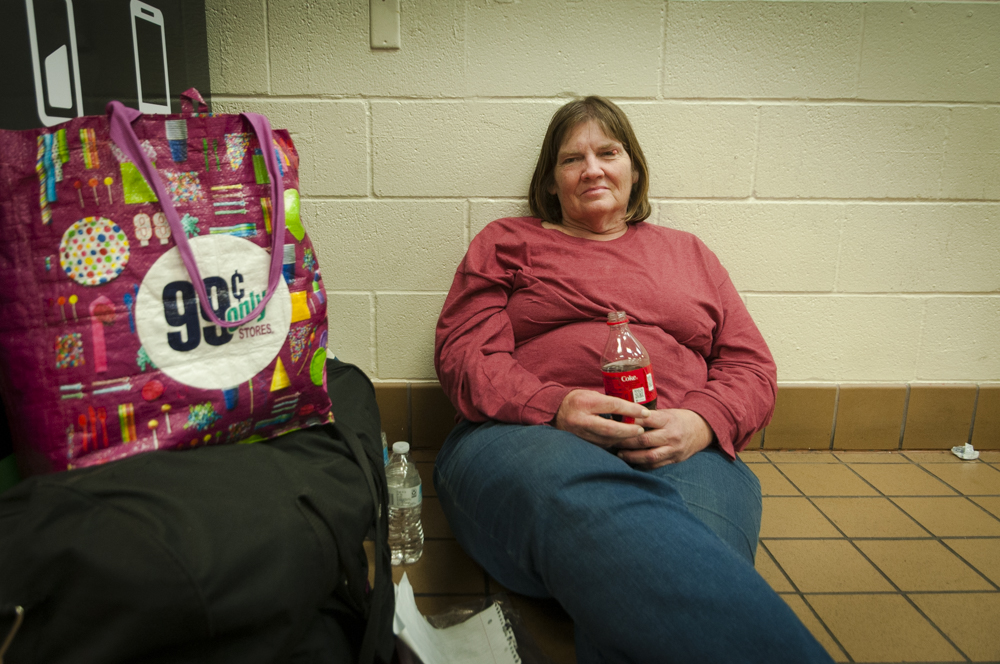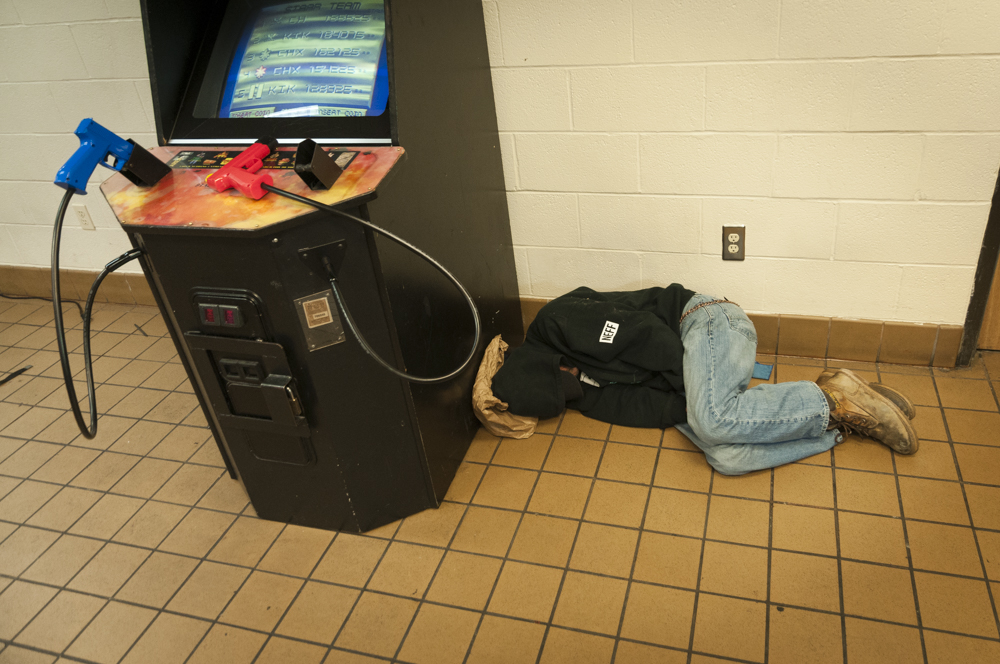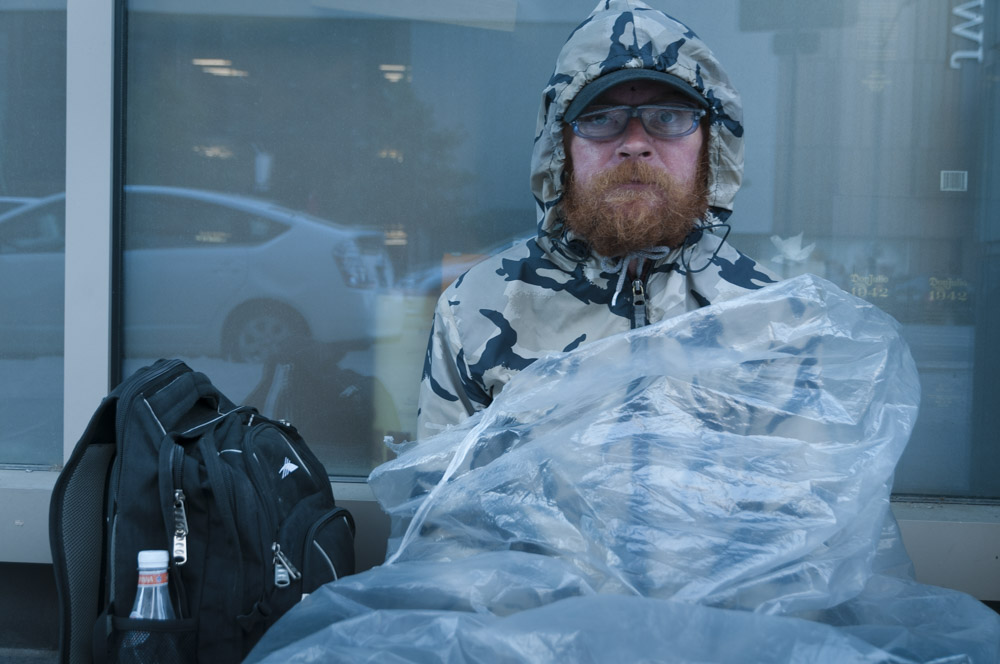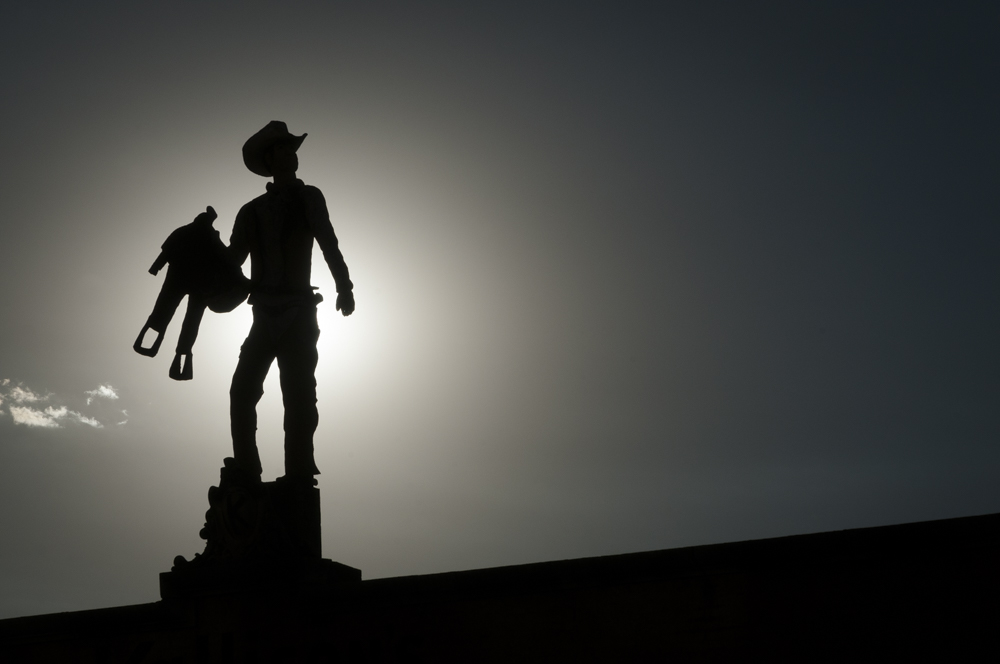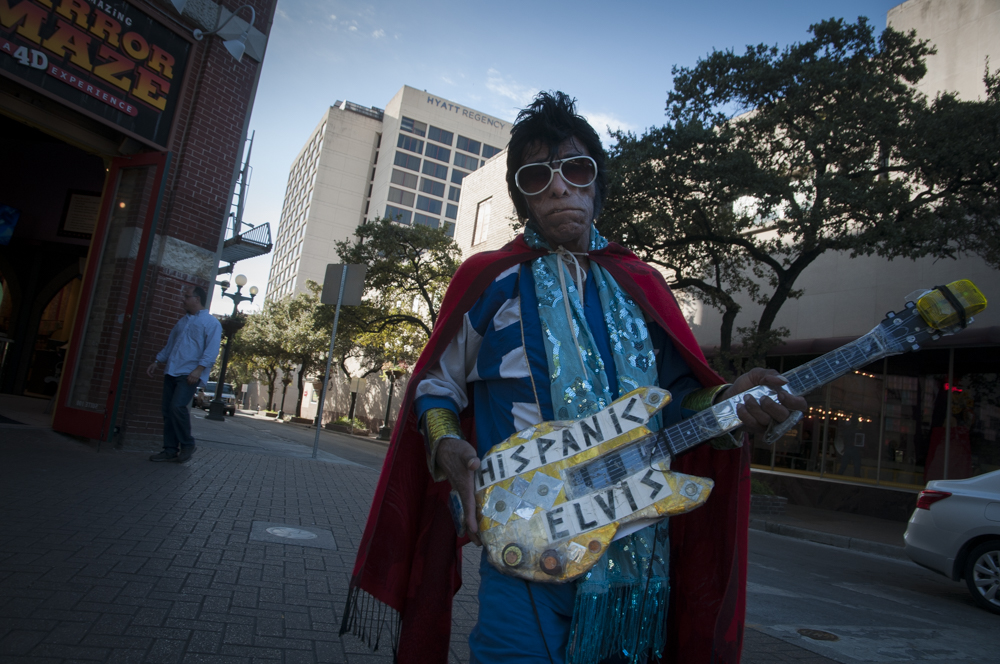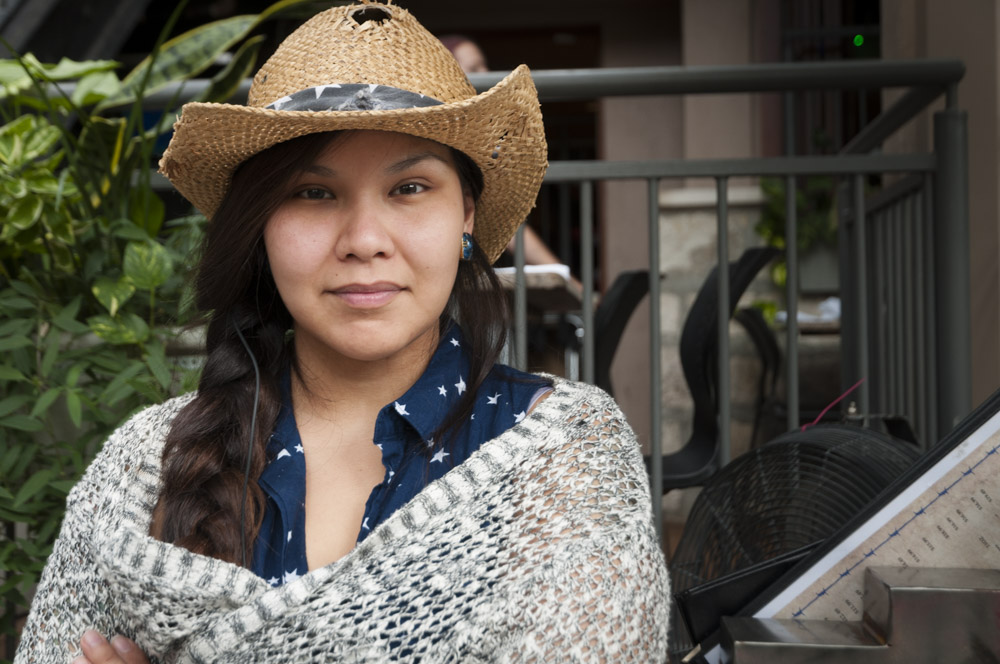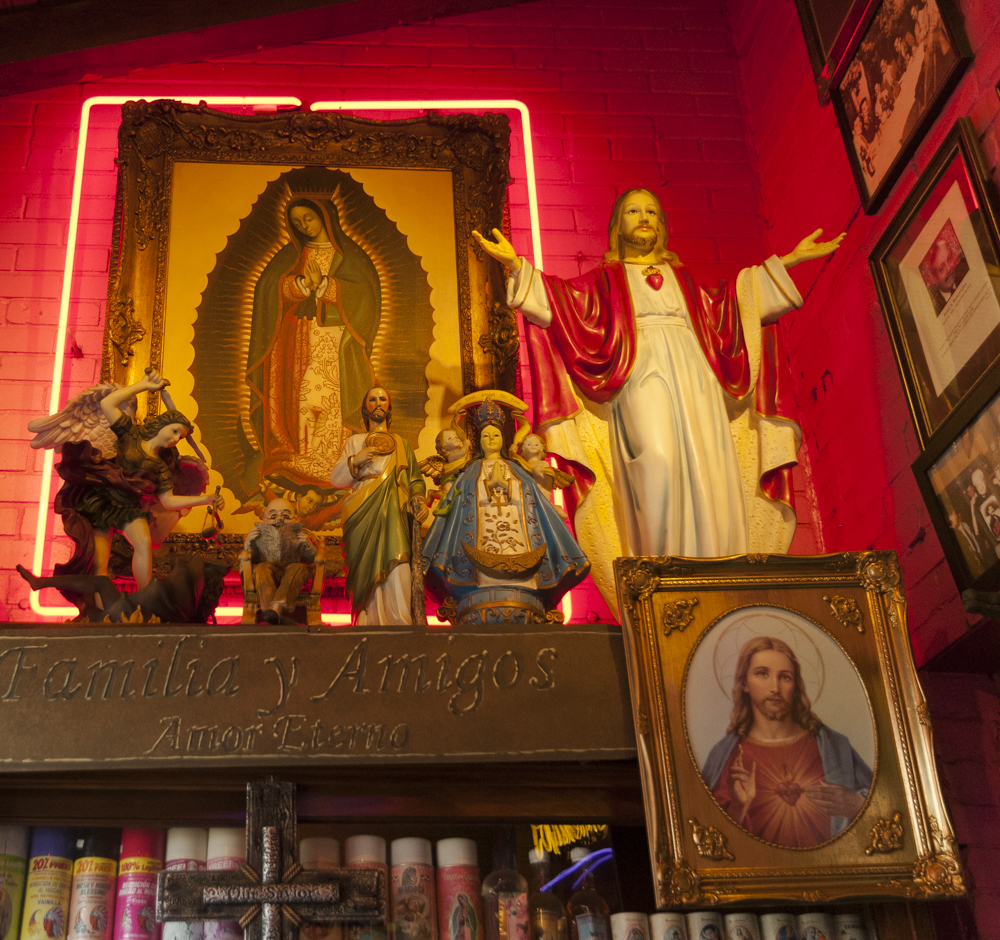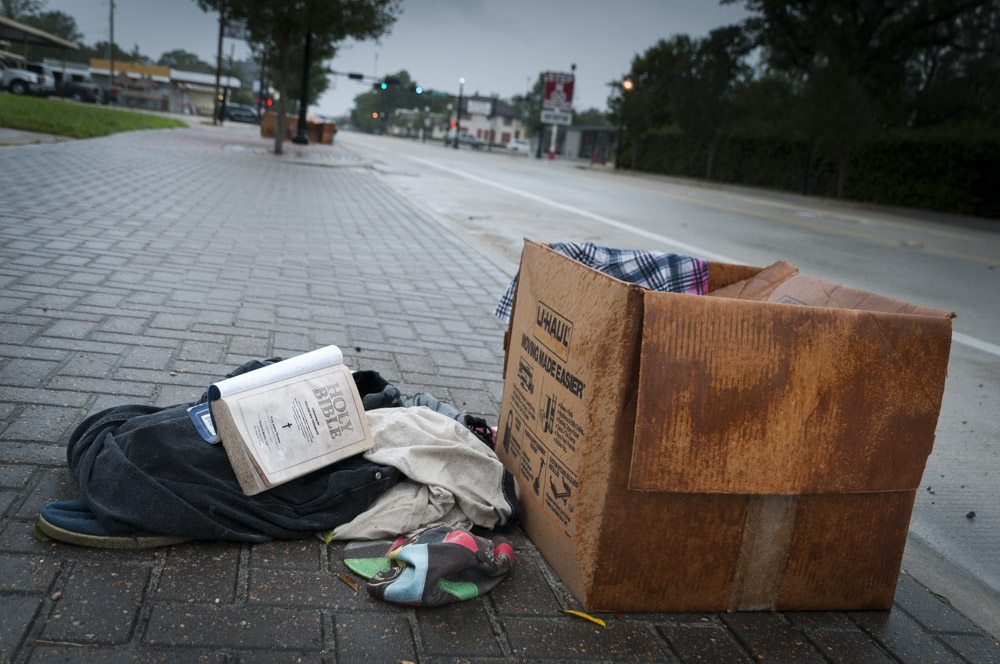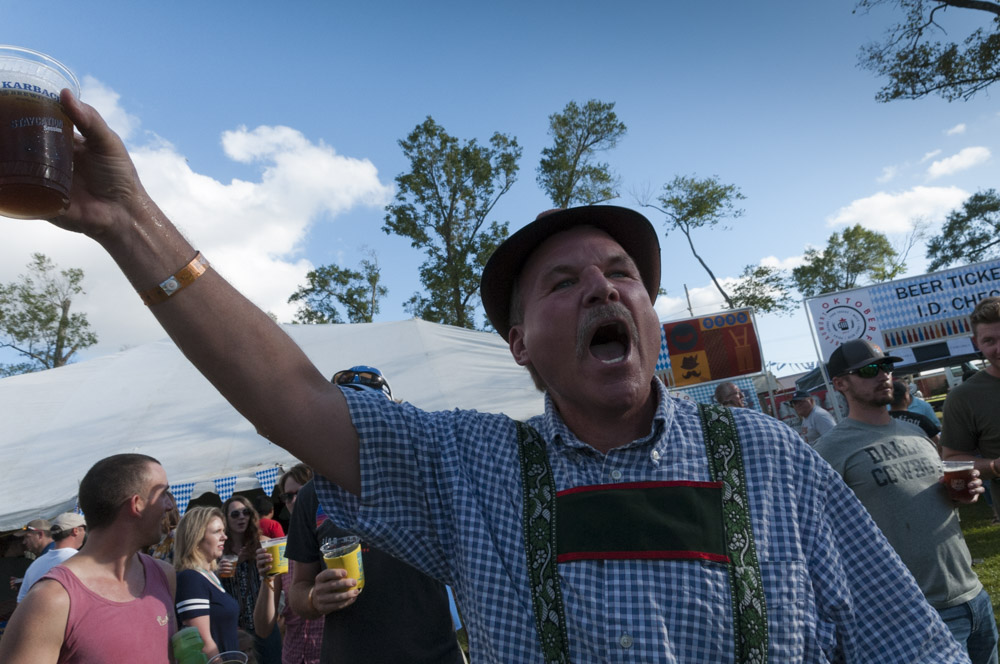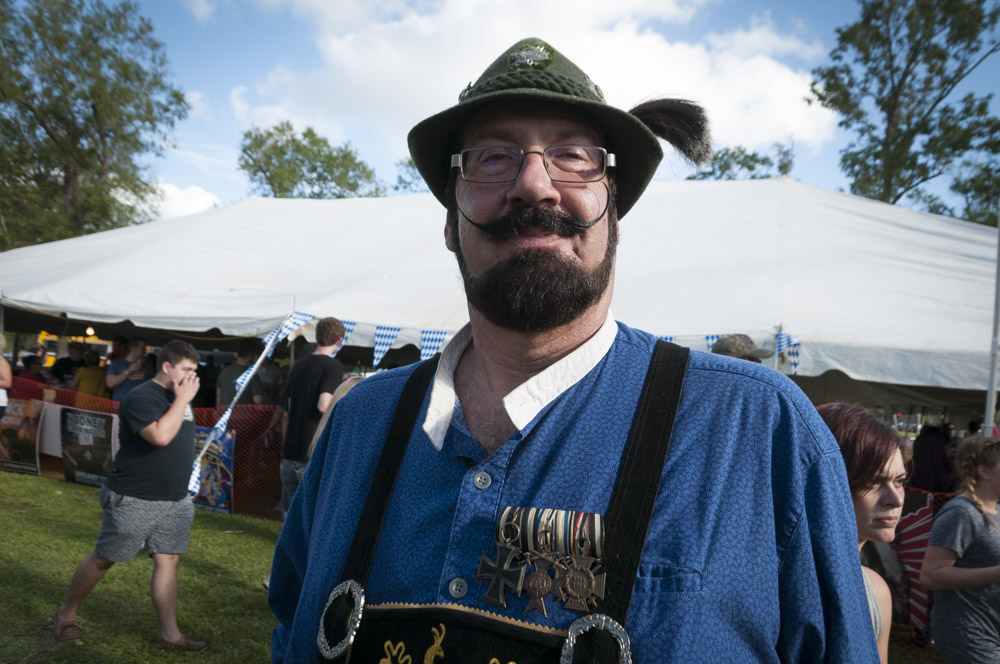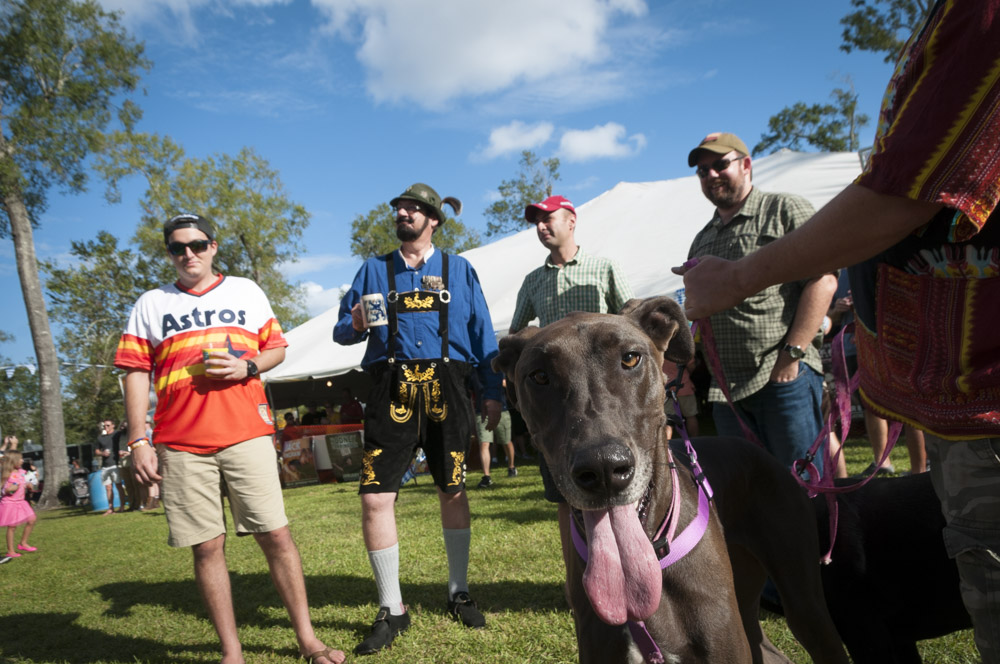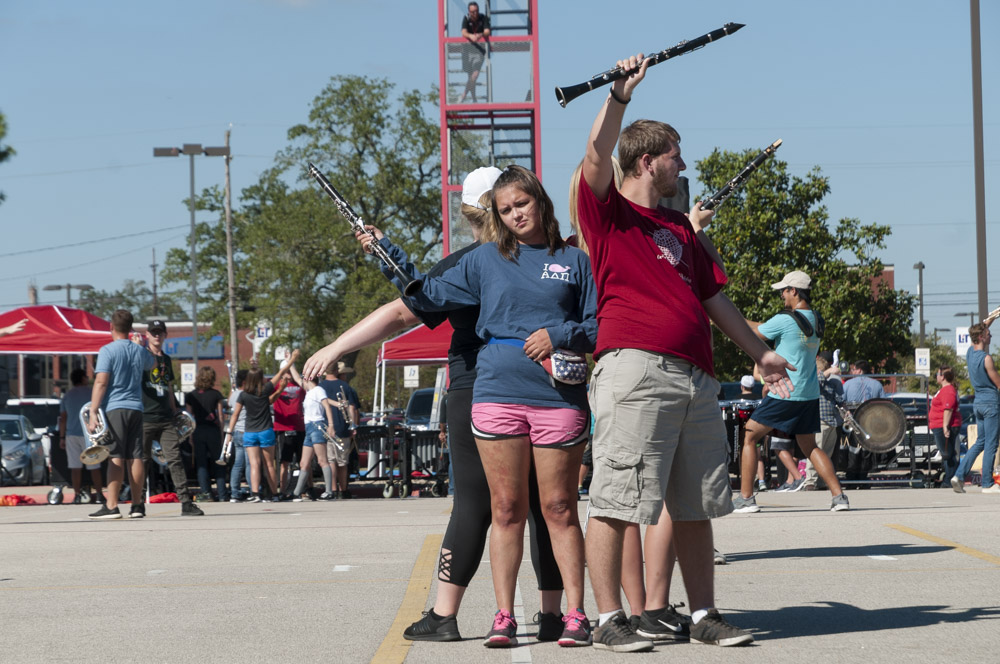Texas: Into Trump land
When travelling myself through the USA in early november 2017, one year exactly after Donald Trump, a descendent from a German born family and grandfather, came into power, the US state of Texas seems like a suitable place in search for answers to the changes America is undergoing. Probably nowhere in the United States is personal individualism more pronounced than here. Nowhere also, is the friendly disinterest in the rest of the world so undoubtably displayed. Texans embody a strong belief in cars and in materialistic values at a time where Western capitalism undergoes one of its deepest crisis and the world is threatened with serious consequences of climate change. This has not altered the Texan way of life an pursuit of happiness. Both seem firmly rooted, while a noticeable social devide between rich and poor, white and colored is not alien to the rise of power of Trumpist values and practices. Texas carries many traces of the American exceptionalism, to the degree of alienating many US-Americans in other states of the conferderacy. Nowhere in the US is capital punishment carried out as often as in Texas. Forced separation of migrating Mexican children families at the border has become a constested field of the political debate. Trump’s idea of a boarder wall is still there, though not put into practice yet. Tolerance though, private and public, remain a cornerstone of core US values and of individual beliefs. The rise to (political) power of Donals Trump has nevertheless changed a number of fundamentals in social life. Here, in the South of the USA and in neighboring Louisiana, Trump has many voters, who, willingly or not, are about to change the face of the country into what experts have come to call post-democratic times.
